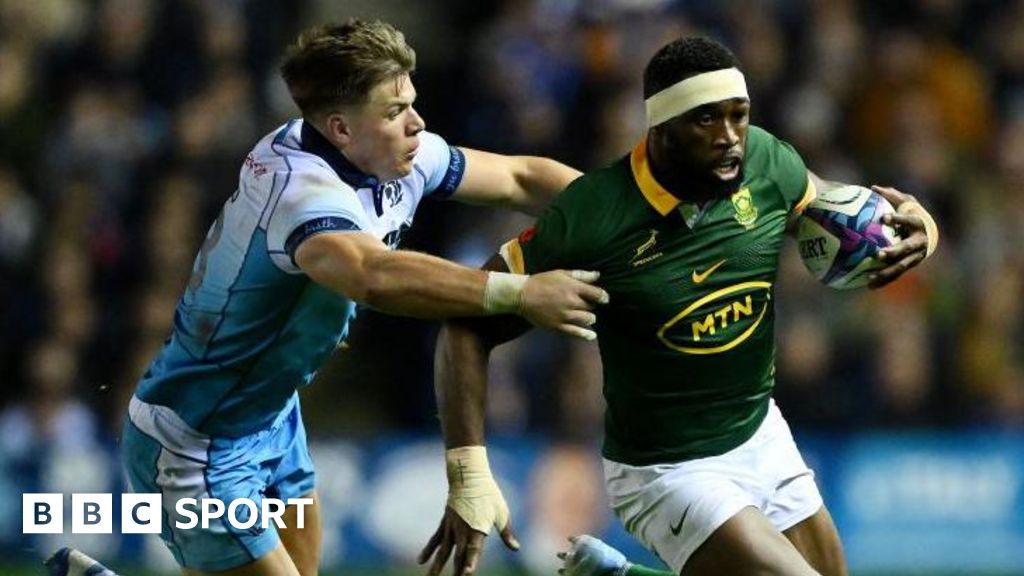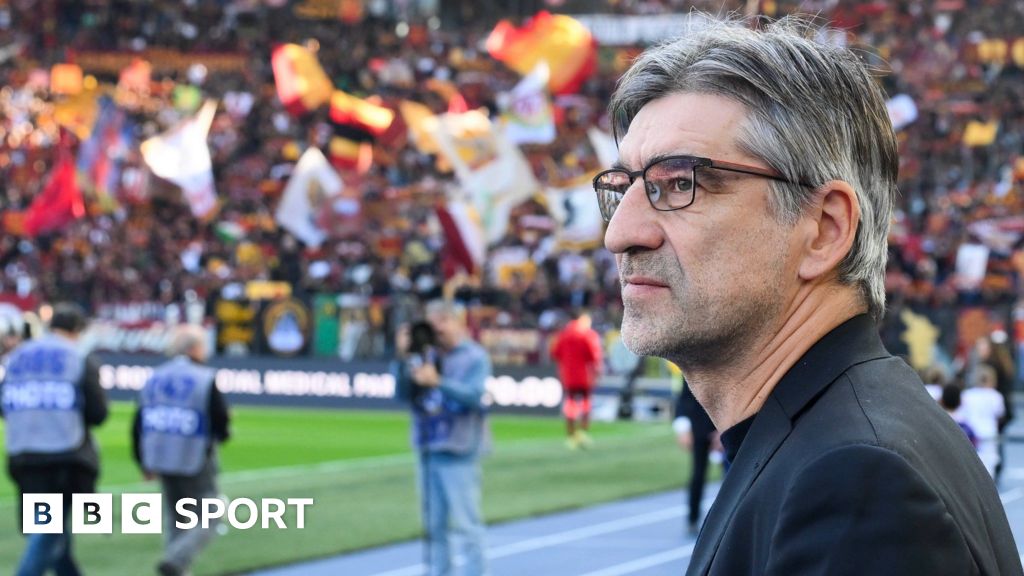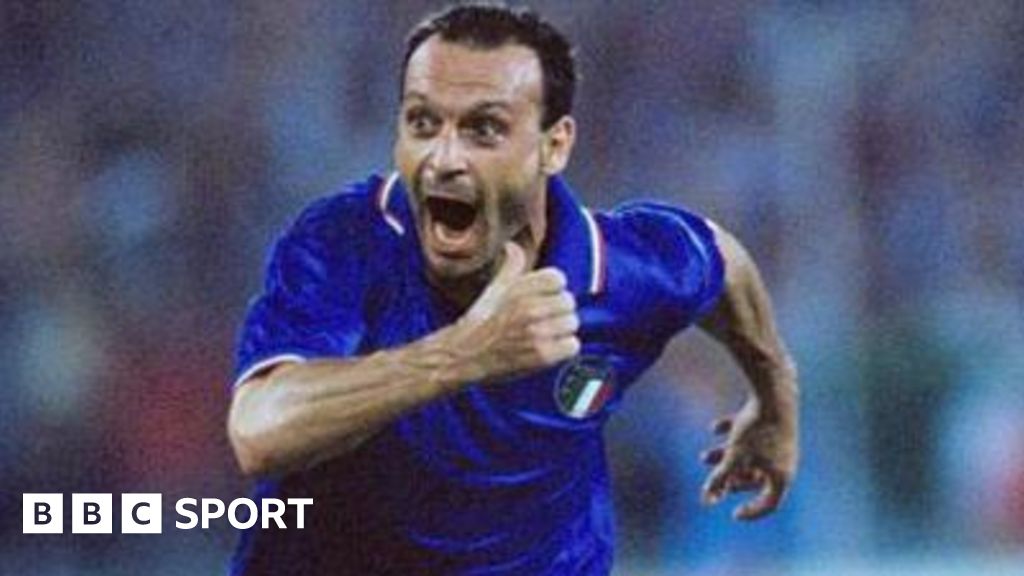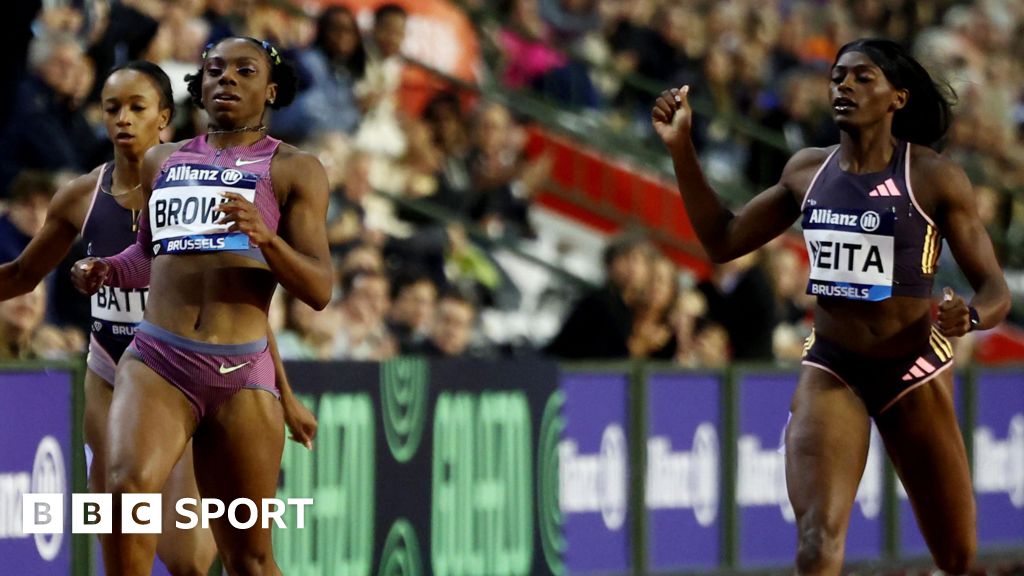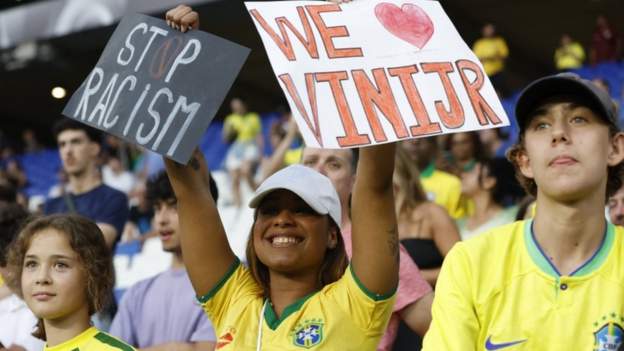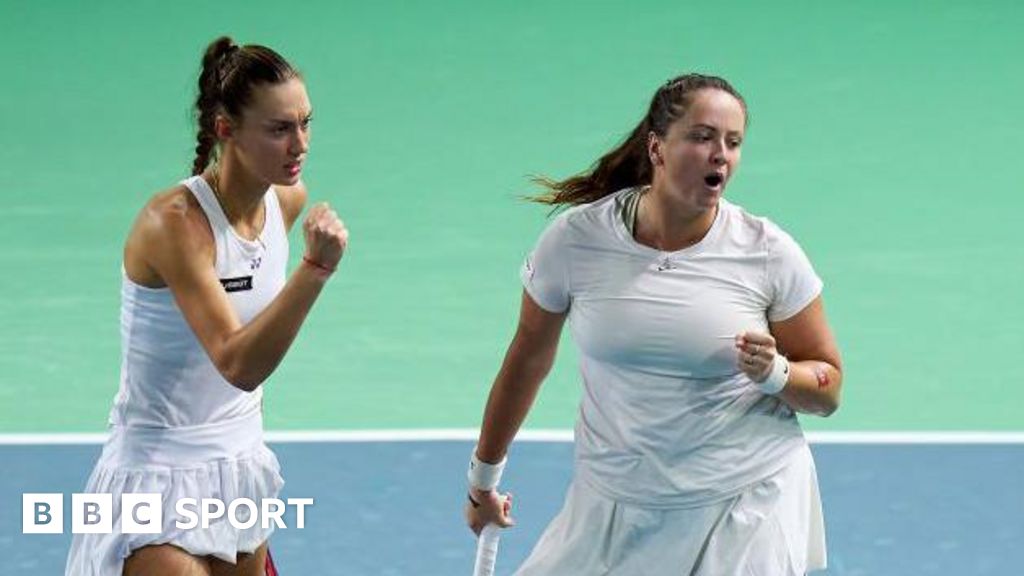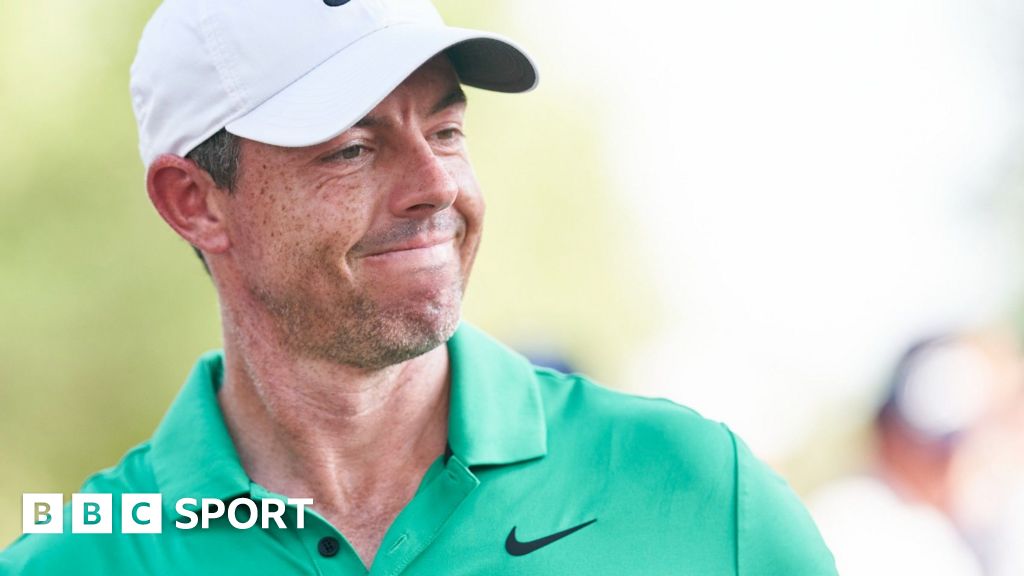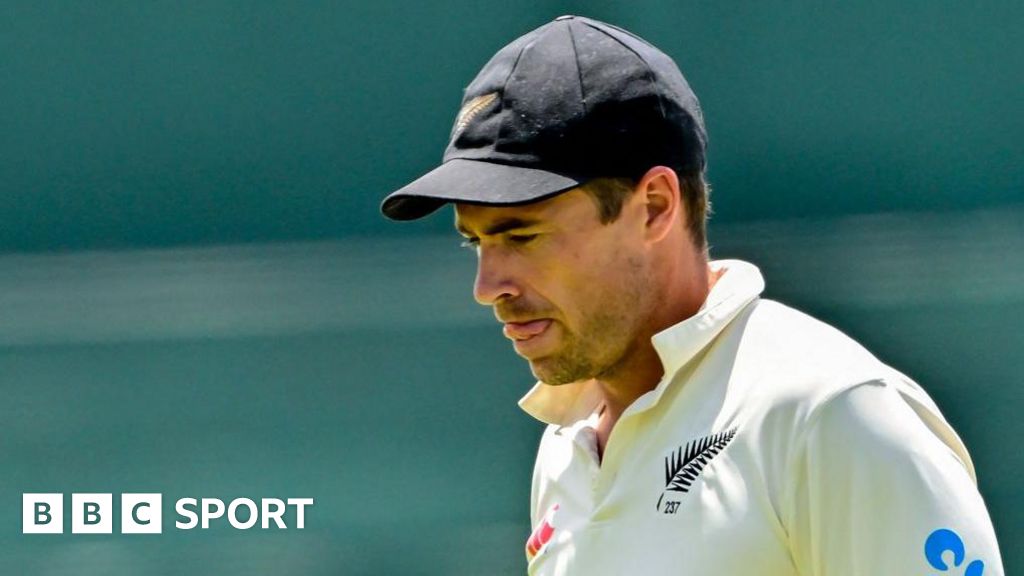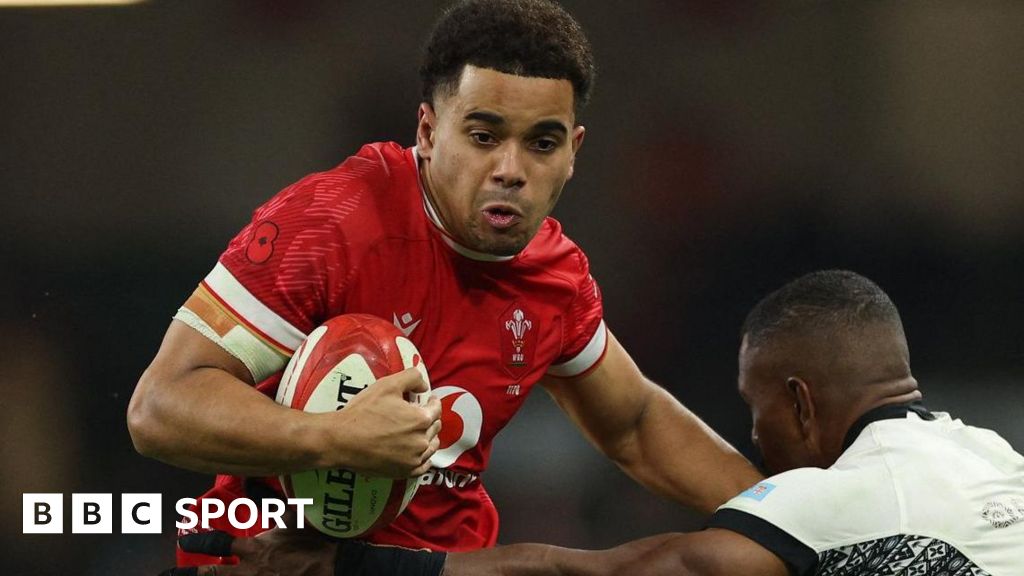The moment that changed Schillaci’s life came on 9 June 1990 as Italy struggled to break down Austria in their first game in Rome’s Stadio Olimpico, when he met Gianluca Vialli’s right-wing cross to rise and power home a 79th-minute header just three minutes after coming on as substitute.
Schillaci raced off towards the touchline, almost in disbelief, pumping his arms out wide and staring wide-eyed, lost in the ecstasy of celebration. He looked like he would not stop running until he was brought to a halt, swamped by elated Italy team-mates.
An unlikely superstar was born.
Vicini resisted the temptation to start Schillaci, who came on as a substitute in the narrow win over the USA, but bowed to national demands to play the tough Sicilian alongside the great Roberto Baggio against the Czech Republic.
Schillaci and Baggio both scored in a 2-0 win and were soon hailed as a dream ticket, the headline on the front of Gazzetta Dello Sport reading: “Italy in delirium with Schillaci and Baggio. How beautiful you are.”
The remarkable tale continued with Schillaci scoring one and making another for Aldo Serena as Uruguay were beaten in the last 16. He ended the Republic of Ireland’s superb World Cup campaign at the quarter-finals stage with the decisive strike in a 1-0 win, also scoring against Argentina in the last four only for the dream to die as Italy went out on penalties.
Italia ’90 ended on a personal high as he scored a late penalty as the hosts beat England 2-1 to secure third place. He was the recipient of a generous gesture from Baggio, who stepped aside as penalty taker to give Schillaci the chance to end as the tournament’s top scorer ahead of Czech Republic striker Tomas Skuhravy.
Baggio’s decision showed that Schillaci’s down-to-earth personality and selfless playing style had made him a figure as popular with his Italy team-mates as he was with the rest of the world.
As far as Italy was concerned, Schillaci was now immortal, forever recognised in his home country, with stories of children and animals – including thoroughbred horses – named after the man who started his career being paid £1.50 a goal for a local amateur side.








